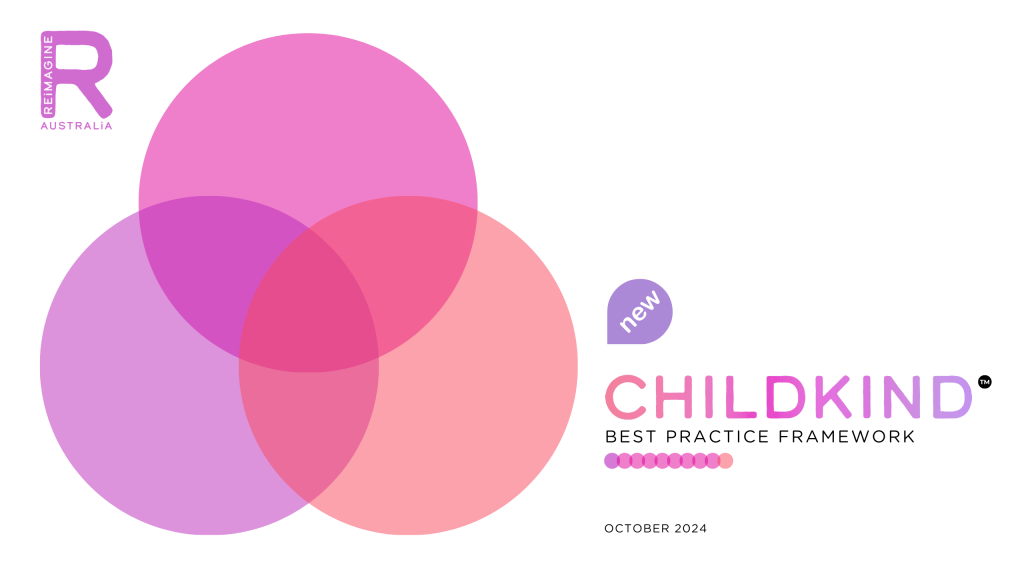KEY COMPETENCY 5.3 – EMBRACE EVIDENCE
“I will focus on practices that support the early development of children, with an understanding of developmental milestones and the child’s zone of proximal development.”
Early Childhood Development is the third competency under the ‘Embrace Evidence’ Way of Working, and relates to the ‘design and delivery of services and supports‘ phase of the child’s early developmental support journey. It is important for:
Foundational Growth: Understanding early childhood development enables practitioners to support critical milestones in a child’s growth, laying the groundwork for lifelong learning and well-being.
Tailored Interventions: Knowledge of developmental stages allows practitioners to design interventions that align with each child’s unique needs and abilities.
Family Empowerment: Educating families about early childhood development fosters collaboration, empowering them to engage in their child’s growth effectively.
Improved Outcomes: By focusing on early development, practitioners can enhance children’s social, emotional, and cognitive skills, leading to better long-term outcomes.
Focusing on early childhood development means adopting strategies that support a child’s physical, cognitive, social, and emotional growth from birth through the early years. Practitioners need to stay informed about developmentally appropriate practices and current research on child development.
Research stresses the importance of focusing on the early years as a foundation for lifelong learning and well-being. Their research supports the use of developmentally appropriate practices that align with the latest understanding of early childhood development. Additionally, Australia’s Early Years Learning Framework (EYLF) provides a strong foundation for practitioners to support the holistic development of children.
Research and Further Reading:
Mengstie, M. (2022). Preschool teachers’ beliefs and practices of developmentally appropriate practice (dap). Journal of Early Childhood Research, 21(2), 121-132. https://doi.org/10.1177/1476718×221145464
Australian Government Department of Education. (2022). Belonging, being and becoming: The early years learning framework for Australia (EYLF). https://www.acecqa.gov.au/nqf/national-law-regulations/approved-learning-frameworks
COMPETENCY MILESTONES
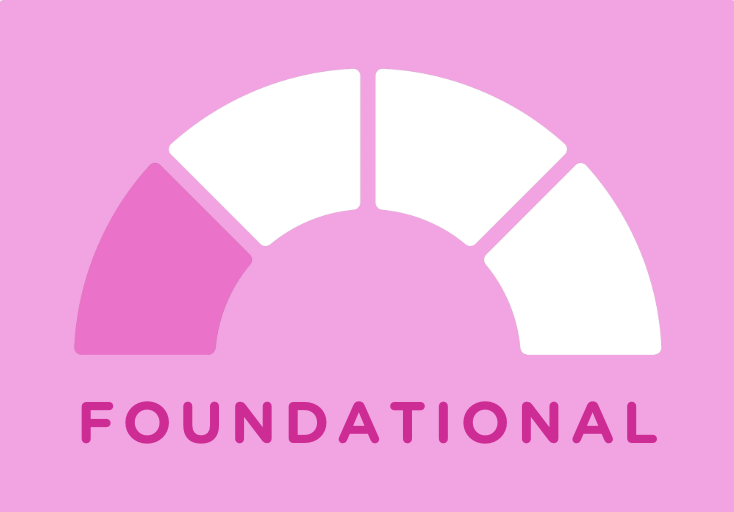
I am able to:
Understand the core principles of childhood development and its different components.
Assist in supporting children by applying foundational knowledge to enhance their wellbeing and progress.
Document observations and developmental milestones clearly and accurately.
Support children through an understanding of the child’s zone of proximal development, identifying areas where they need guidance and support.
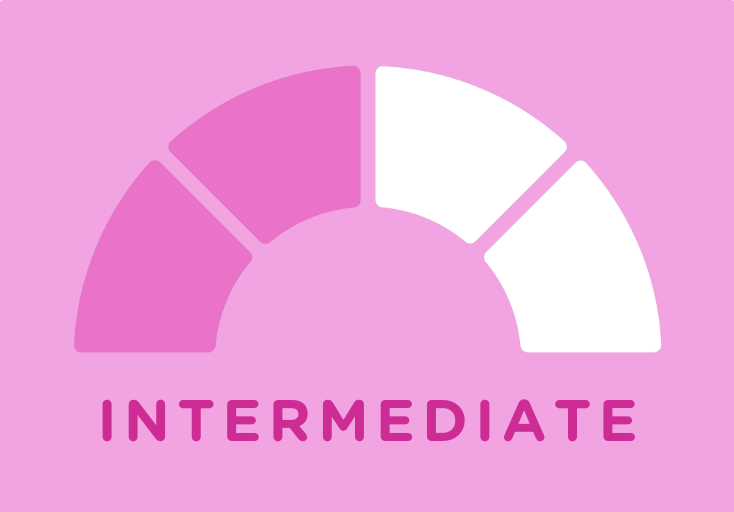
I am able to:
Utilise comprehensive knowledge of childhood development to create and implement support plans.
Monitor and assess children’s progress across various developmental dimensions, adjusting strategies as needed.
Collaborate with families and carers to ensure developmental support aligns with the child’s needs and enhances wellbeing.
Apply knowledge of the zone of proximal development to tailor interventions that effectively support children’s progress and address their specific developmental needs.
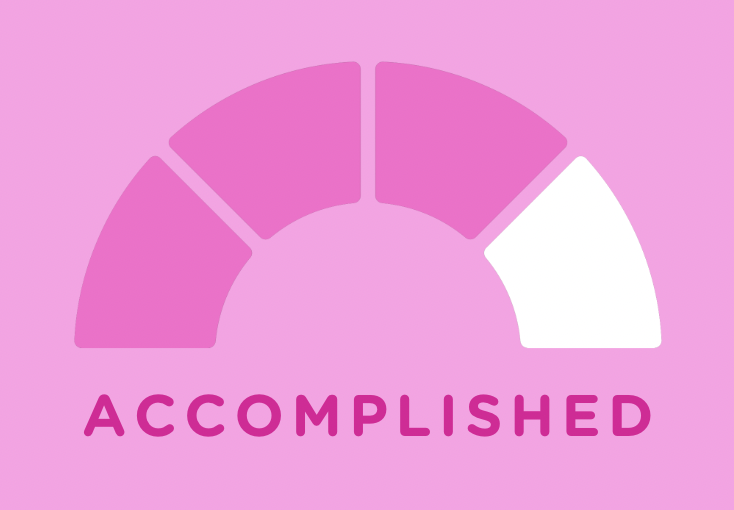
I am able to:
Lead efforts in developing and implementing advanced support strategies for childhood development.
Provide expert guidance on the interrelated dimensions of childhood development to colleagues, families, and carers.
Continuously evaluate and refine support plans to ensure they effectively enhance children’s wellbeing and progress.
Design and implement strategies based on a thorough understanding of the zone of proximal development, ensuring that support is personalised to enhance each child’s growth.
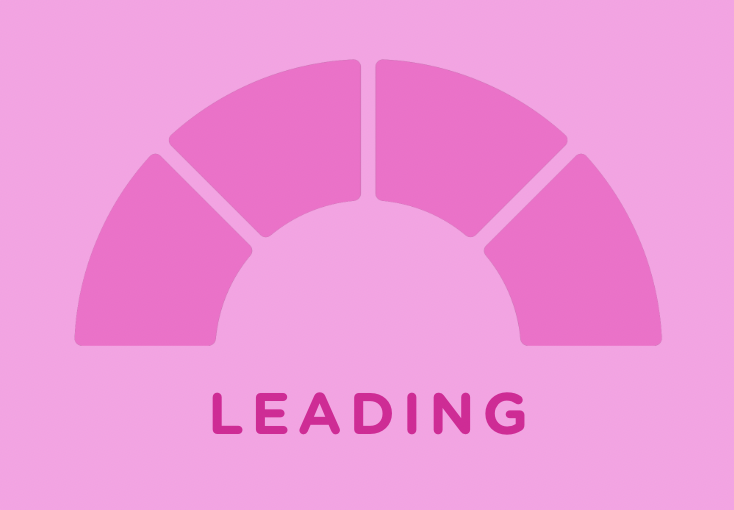
I am able to:
Champion innovative approaches to childhood development support across the organisation.
Develop and implement policies and programs that reflect the latest research and best practices in childhood development.
Lead evaluations and systemic improvements in developmental support practices, ensuring they consistently enhance children’s wellbeing and progress.
Lead practices using extensive knowledge of the zone of proximal development to drive effective, individualised approaches that significantly advance early childhood development outcomes.
Reflection questions are a valuable tool for practitioners, promoting self-awareness, critical thinking, continuous improvement, and stronger relationships in their work with children and families. Below are some reflection questions for Key Competency 5.3: Early Childhood Development:
How do I ensure that my practices are aligned with the latest understanding of early childhood development?
What strategies do I use to support the holistic development of children?
How do I communicate with families about their child’s developmental progress?
Focusing on early childhood development is essential for laying the foundation for lifelong learning and well-being, ensuring every child has the best start in life.
(Fox et al., 2021, p. 91).
Access more information on the ChildKind Best Practice Framework with its 10 Ways of Working, 30 Key Competencies and 8 supporting Values and Behaviours here:
